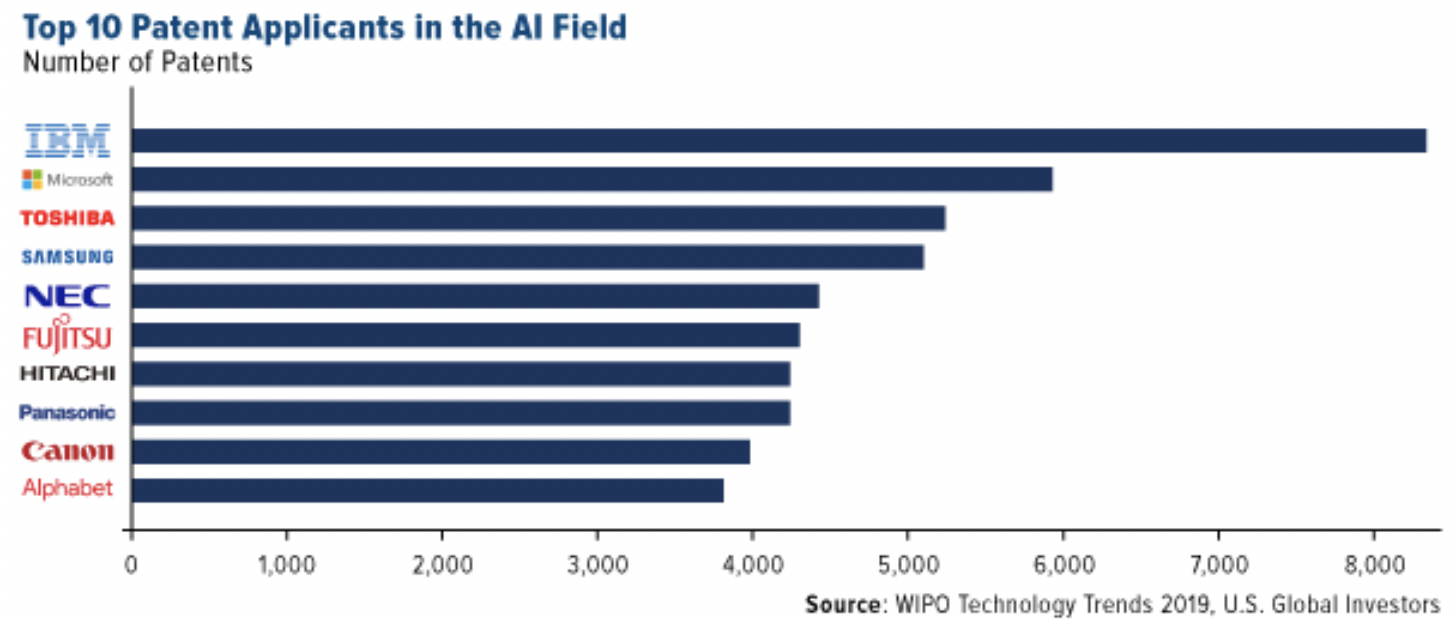Artificial intelligence (AI) is no longer the stuff of science fiction. The technology is already disrupting multiple industries, many of which impact you on a daily basis. Own an iPhone X? Its facial recognition system is powered by AI. Ever been redirected by Google Maps because of an accident or construction ahead? You guessed it: AI.
And those are just a couple of small examples. By one estimate, AI contributed a whopping $2 trillion to global GDP last year. By 2030, it could be as much as $15.7 trillion, “making it the biggest commercial opportunity in today’s fast changing economy,” according to a recent report by PwC.
AI: The “New Electricity”
Not every industry and sector will be affected equally, but none will go untouched.
“AI is the new electricity,” says Chinese-English computer scientist and entrepreneur Andrew Ng. “I can hardly imagine an industry which is not going to be transformed by AI.”
Among the industries that have been fastest to adopt AI, according to PwC, are health care, automotive and financial services. Earlier and more accurate diagnostics, powered by AI, means earlier treatment of life-threatening diseases. Once on the market, self-driving cars will free up an estimated 300 hours the typical American spends driving every year. And more and more people are putting their trust in robo-advisors to manage their wealth.
AI patents have surged in the past five years alone, according to the World Intellectual Property Organization (WIPO). From 2013 to the end of 2017, the number of patents grew nearly three times, from 19,000 to more than 55,600. Related: Lending: The Good, Bad, And Ugly
The massive increase in patenting “means we can expect a very significant number of new AI-based products, applications and techniques that will alter our daily lives—and also shape future human interaction with the machines we created,” comments WIPO Director-General Francis Gurry.
A majority of the top 500 applicants are from China, the U.S. and South Korea. Only four are from Europe. At the top of the list sits IBM, with an incredible 8,290 inventions (so far), followed by Microsoft, which has 5,930 patents to its name.

(Click to enlarge)
As you might imagine, the U.S. government wants to ensure that the country remain competitive against Asia. This very month, President Donald Trump signed an executive order urging federal agencies to prioritize AI investments in research and development. The American AI Initiative, as it’s called, says that these measures are “critical to creating the industries of the future, like autonomous cars, industrial robots, algorithms for disease diagnosis and more.”
“I want 5G, and even 6G, technology in the United States as soon as possible,” Trump tweeted last week, presumably in response to news that Chinese telecommunications firm ZTE could be first to bring fifth-generation cellular technology to market. “American companies must step up their efforts or get left behind. There is no reason that we should be lagging behind on… something that is so obviously the future.”
By Frank Holmes
















